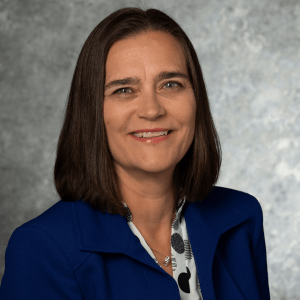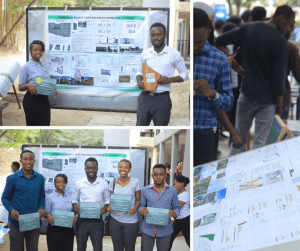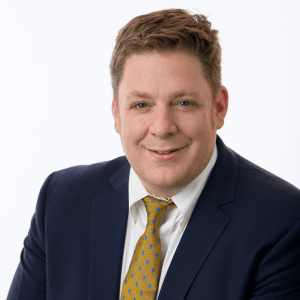DeeDee Conway Ed.D. serves as an Associate Dean at the Lyle School of Engineering and Research Assistant Professor in the Caruth Institute for Engineering Education at Southern Methodist University. DeeDee joins The Hunt Institute team as a Fellow, accompanied by her valuable expertise in education.
Her research focuses on engineering education professional development and technical training as a means of understanding what institutions do to prepare students for not only positions in the industry but also positions in higher education, such as organizational and leadership development practices. This includes the analysis of cultural norms within an institution and opportunities for the reform of education to better suit the requirements of today’s industry and higher education institutions. Other research interests include creating a better understanding of culture in education, finding ways to promote diversity, equity, and inclusion, as well as understanding the needs of non-traditional learners.
DeeDee’s recent publications are grounded in identifying pathways to prosperity for underserved populations, adult learners, and organizational leadership/culture. DeeDee holds a BBA from American Public University and her M.Ed. in Education and Ed.D. in Higher Education from Southern Methodist University.
When asked what motivates her impact work, DeeDee said, “I want to ensure that everyone has an opportunity to advance and grow in whatever way they choose. I work to advocate and help those that have difficulty navigating through various systems, policies, and processes.”
To read more about the Hunt Institute’s work to develop future-focused solutions to some of the world’s biggest problems, please click here. For the latest news on the Hunt Institute, follow our social media accounts on LinkedIn, Facebook, and Instagram. We invite you to listen to our Podcast called Sages & Seekers. If you are considering engaging with the institute, you can donate, or sign-up for our newsletter by emailing huntinstitute@smu.edu.









 Organizing the participation certificates, placement awards, and printed design submissions would not have been possible without the dedication of University Coordinators, Professor Sayuni Bupe, Professor Buberwa Tibesigwa, Professor Raymond Kassonga, and SMU S+DP student Alejandra Hinojosa, with the HI Team. Also, Kijiji Board Members Clara Rulegura Ford, Martin Rulegura, and Dr. Jessie Zarazaga contributed to making sure the posters, trophies, and monetary awards were delivered to the students. Despite an 8-hour time difference and a number of moving pieces, the Kijiji team was able to get all of the parts in place so that the universities could hold their celebrations.
Organizing the participation certificates, placement awards, and printed design submissions would not have been possible without the dedication of University Coordinators, Professor Sayuni Bupe, Professor Buberwa Tibesigwa, Professor Raymond Kassonga, and SMU S+DP student Alejandra Hinojosa, with the HI Team. Also, Kijiji Board Members Clara Rulegura Ford, Martin Rulegura, and Dr. Jessie Zarazaga contributed to making sure the posters, trophies, and monetary awards were delivered to the students. Despite an 8-hour time difference and a number of moving pieces, the Kijiji team was able to get all of the parts in place so that the universities could hold their celebrations.




